Gender: Male - Starting with F
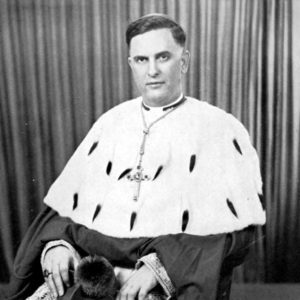 Albert Fletcher
Albert Fletcher
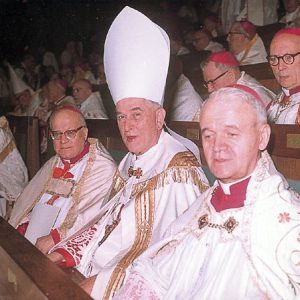 Albert Fletcher
Albert Fletcher
Fletcher, Albert Lewis
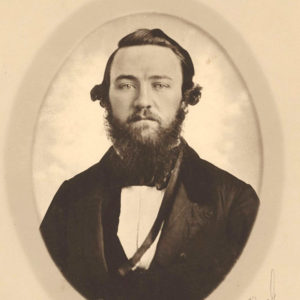 John G. Fletcher Sr.
John G. Fletcher Sr.
Fletcher, John Gould
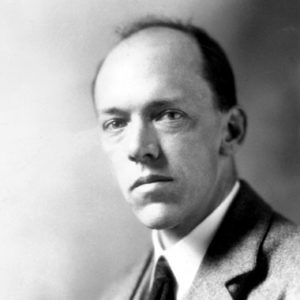 John Gould Fletcher
John Gould Fletcher
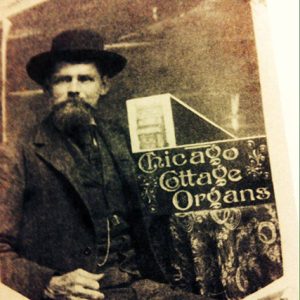 William Tivis Flinn
William Tivis Flinn
Flippen, Jay C.
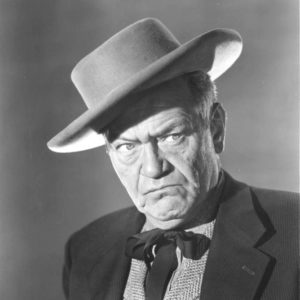 Jay C. Flippen
Jay C. Flippen
Floating CCC Camp at Jacks Bay
Flowers, Cleon
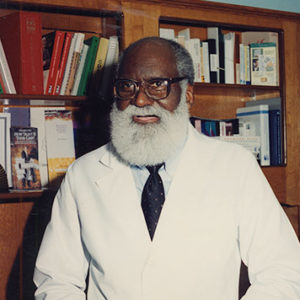 Cleon Flowers
Cleon Flowers
Flowers, William Harold
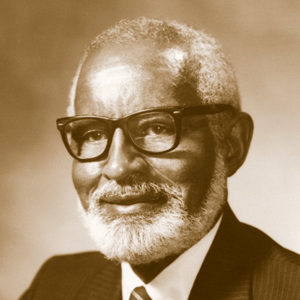 William Harold Flowers
William Harold Flowers
Floyd, John Buchanan
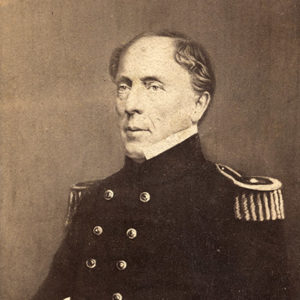 John B. Floyd
John B. Floyd
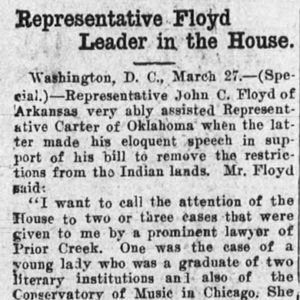 John C. Floyd Article
John C. Floyd Article
Floyd, John Charles
Fogleman, John Albert
Foley, Blaze
aka: Michael David Fuller
Fooy, Samuel W. (Execution of)
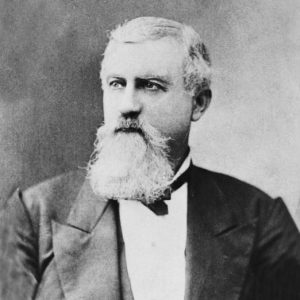 Chastine Forbes
Chastine Forbes
Forbes, Ralph Perry
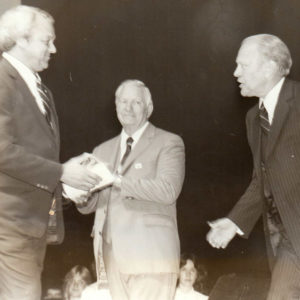 Ford Visit
Ford Visit
Ford, Archibald Washington (Arch)
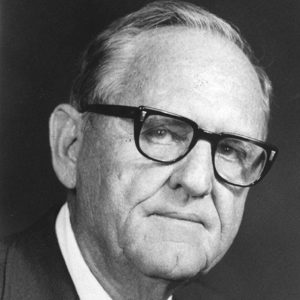 Arch Ford
Arch Ford
Ford, Edsel
 Edsel Ford
Edsel Ford
 James Ford
James Ford
Ford, Joe Thomas
Ford, L. L. (Execution of)
Ford, Richard Carrel
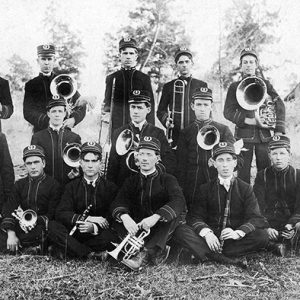 Fordyce Concert Band
Fordyce Concert Band
 Fordyce Letterhead
Fordyce Letterhead
Fordyce, John Rison
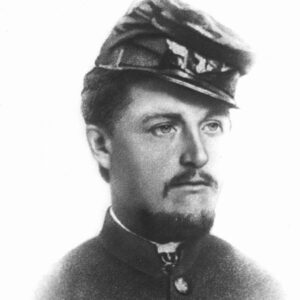 Samuel Fordyce
Samuel Fordyce
Fordyce, Samuel Wesley
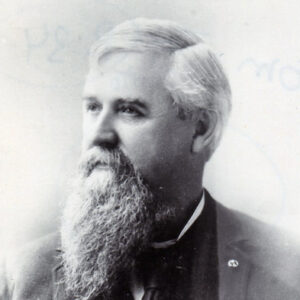 Samuel Fordyce
Samuel Fordyce
Foreman, Gene
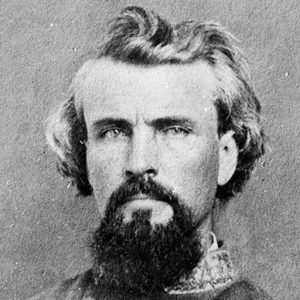 Nathan B. Forrest
Nathan B. Forrest
Forsyth, Missouri, to Batesville, Scout from
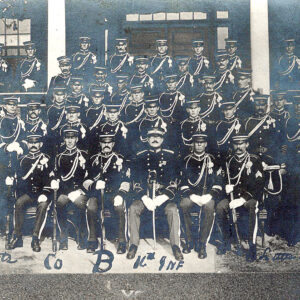 Fort Logan H. Roots Company B
Fort Logan H. Roots Company B
Fort Pinney to Kimball’s Plantation, Expedition from
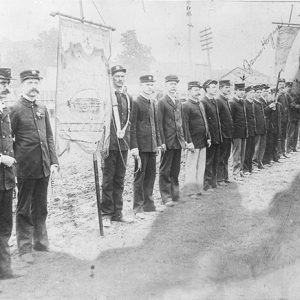 Fort Smith Fire Department
Fort Smith Fire Department
 Forty Days and Forty Nights
Forty Days and Forty Nights
 Bill Foster with Students
Bill Foster with Students
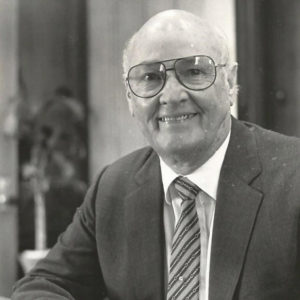 Bill Foster
Bill Foster
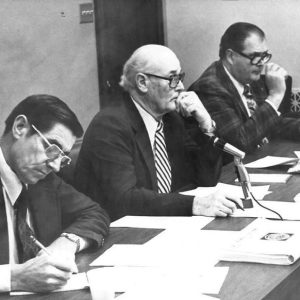 Bill Foster
Bill Foster
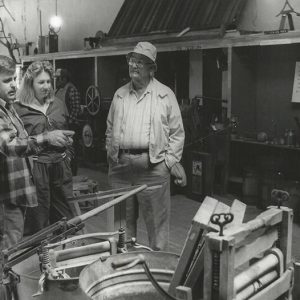 Bill Foster in Scott
Bill Foster in Scott




